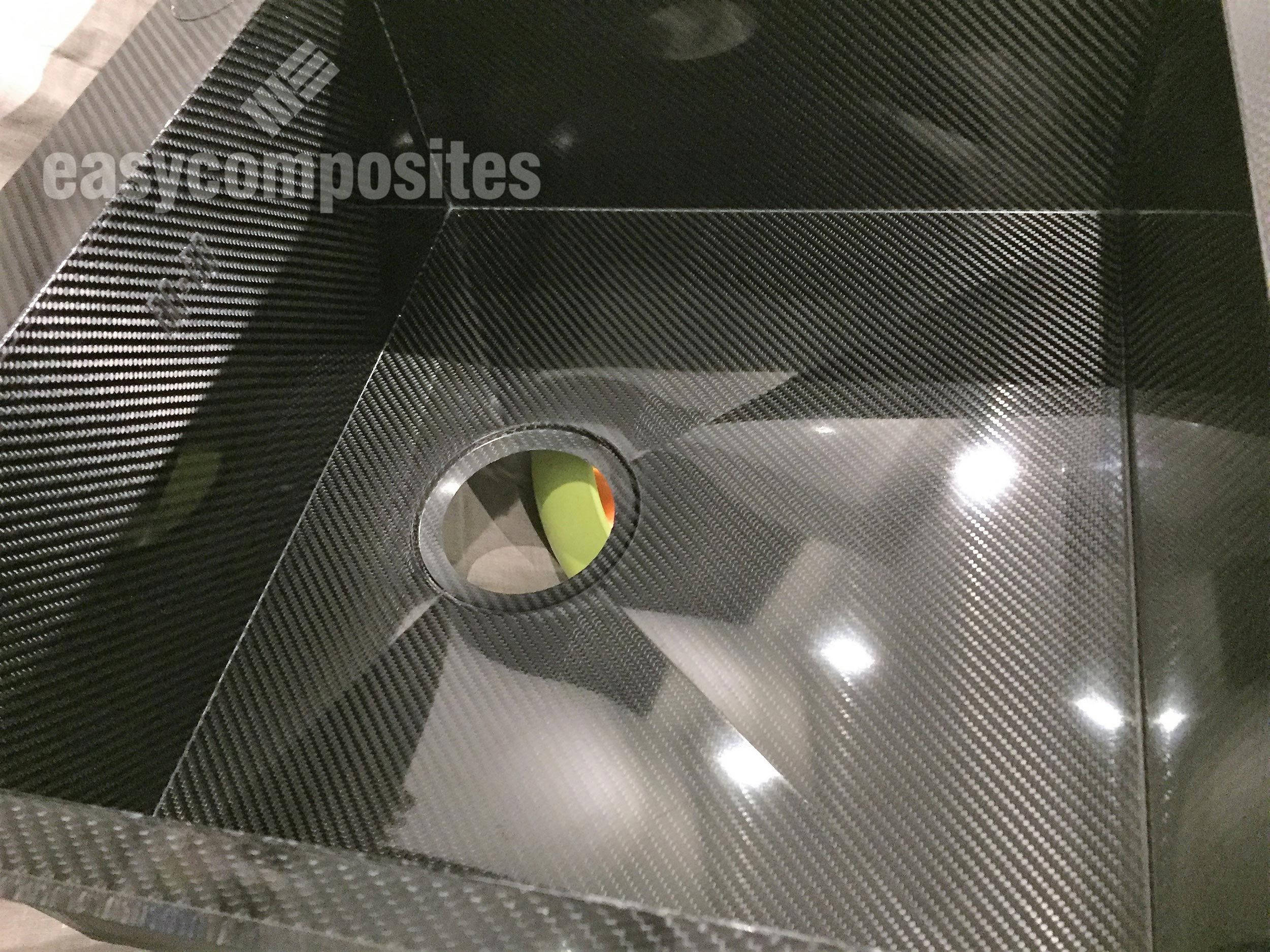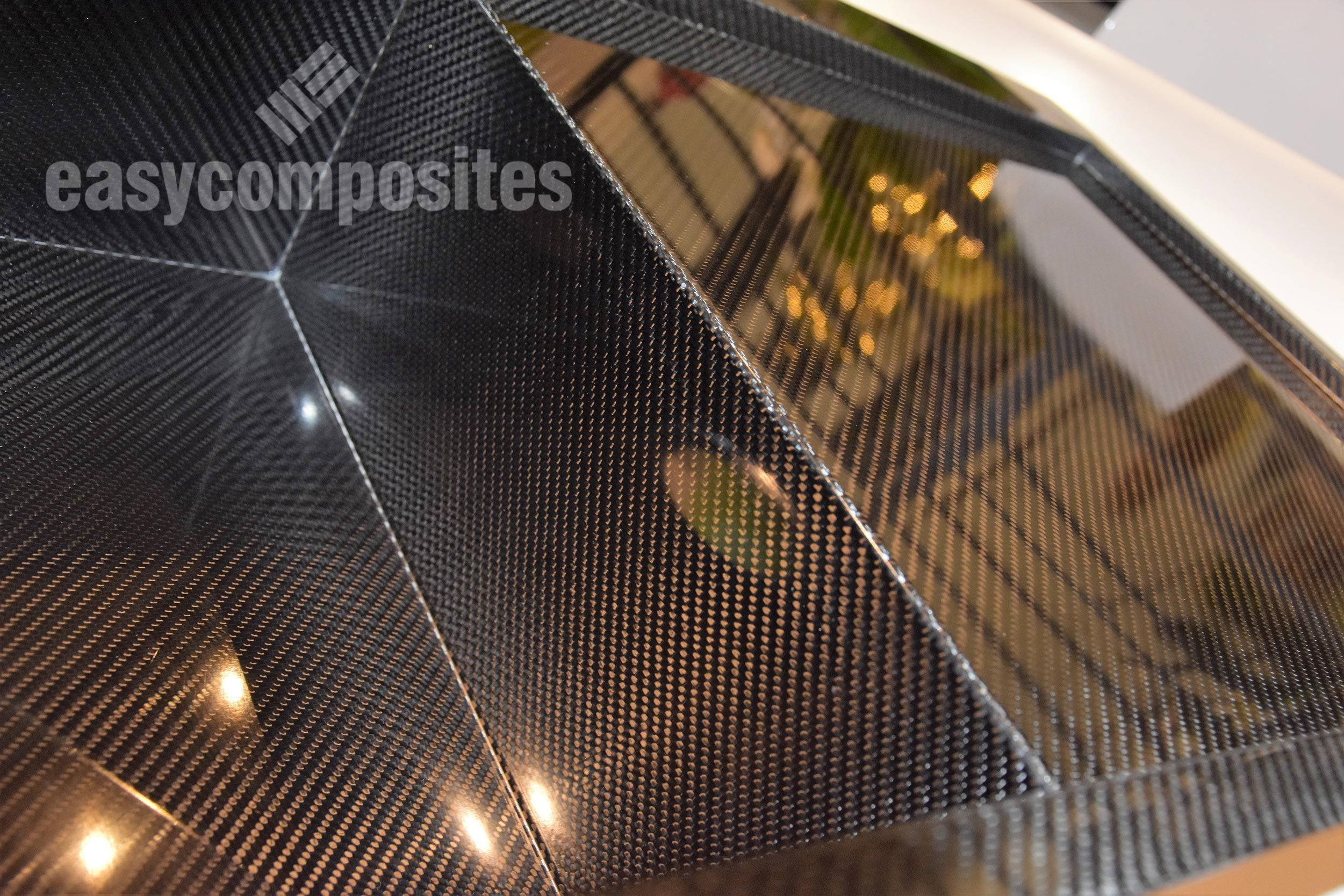The corner kitchen sink is possibly probably the most vital residence devices in your kitchen together with your cooktop in addition to fridge freezer or fridge. An apron kitchen sink is typically made from copper, cast iron or stainless steel so they are extremely strong and also will certainly last you for many years.
Images about Carbon Fiber Kitchen Sink

With this, it is essential on your part to try to find a brand name that uses premium top quality kitchen sinks that will certainly fit your layout and also spending plan. A kitchen area sink is one fixture you can not afford to leave out when creating your kitchen. Water spots can quickly be seen on black kitchen sinks, while it is extremely challenging to observe water places on white kitchen sinks.
Genuine Carbon Fiber Undermount Sink – 16″ x 11″ eBay

For the best blend of old and also new in your country kitchen sinks, black is the excellent color. Undermount corner kitchen sinks likewise have sink rims to allow water to remain within the sink due to the fact that they are higher than the drain boards. Any kind of type of an edge kitchen sink is easy to tidy regardless of the product you stock in it.
SCHOCK – As singular as your own style: CARBON in the kitchen A
Farmhouse kitchen sink is the ideal type of sink that need to be put in your kitchen. Copper kitchen sinks are eternal if you take great treatment as well as do appropriate cleansing regularly to stop the greening of the copper. These copper apron sinks can add to the appearance of your kitchen and also making it a lot more inviting.
Carbon Fiber Kitchen Apron Sink – YouTube

Gone are the days when property owners are setting up really portable kitchen sinks which can not also hold a medium size pot in their kitchens. If it's been a while because you bought a kitchen sink, you'll locate there's currently a globe of different kinds to select from. If you are trying to find something simple and also standard, you ought to take a look at granite kitchen sinks.
Vu0027 Weave Carbon Fibre Sink made with Prepreg – Easy Composites
Currently many people believe that purchasing price cut kitchen sinks means settling for something that is of lower quality, when actually this is not the instance. Due to the fact that ceramic sinks are solid as well as thick, the knocking of dishes in the sink will certainly not resemble throughout the space and also water hitting the bottom of the sink will certainly not be as loud.
If you get why having a carbon fibre wash basin is important to
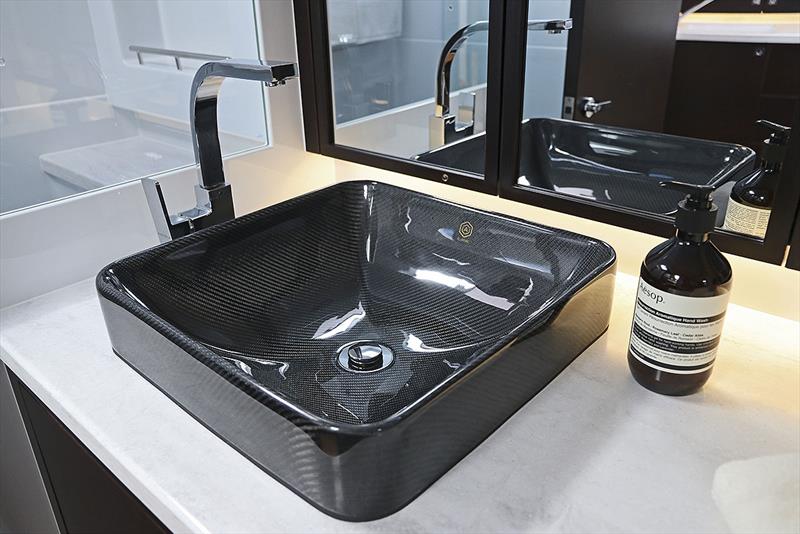
Whatever style as well as type of copper kitchen sink that you decide on, you can rest assure that you will have the ability to appreciate it for many years ahead. For beginners, big deep kitchen sinks give more room to accommodate bigger food preparation tools like a big pot or a stack of dishes.
Corcel Carbon Fiber Washbasin Zoe The Panday Group
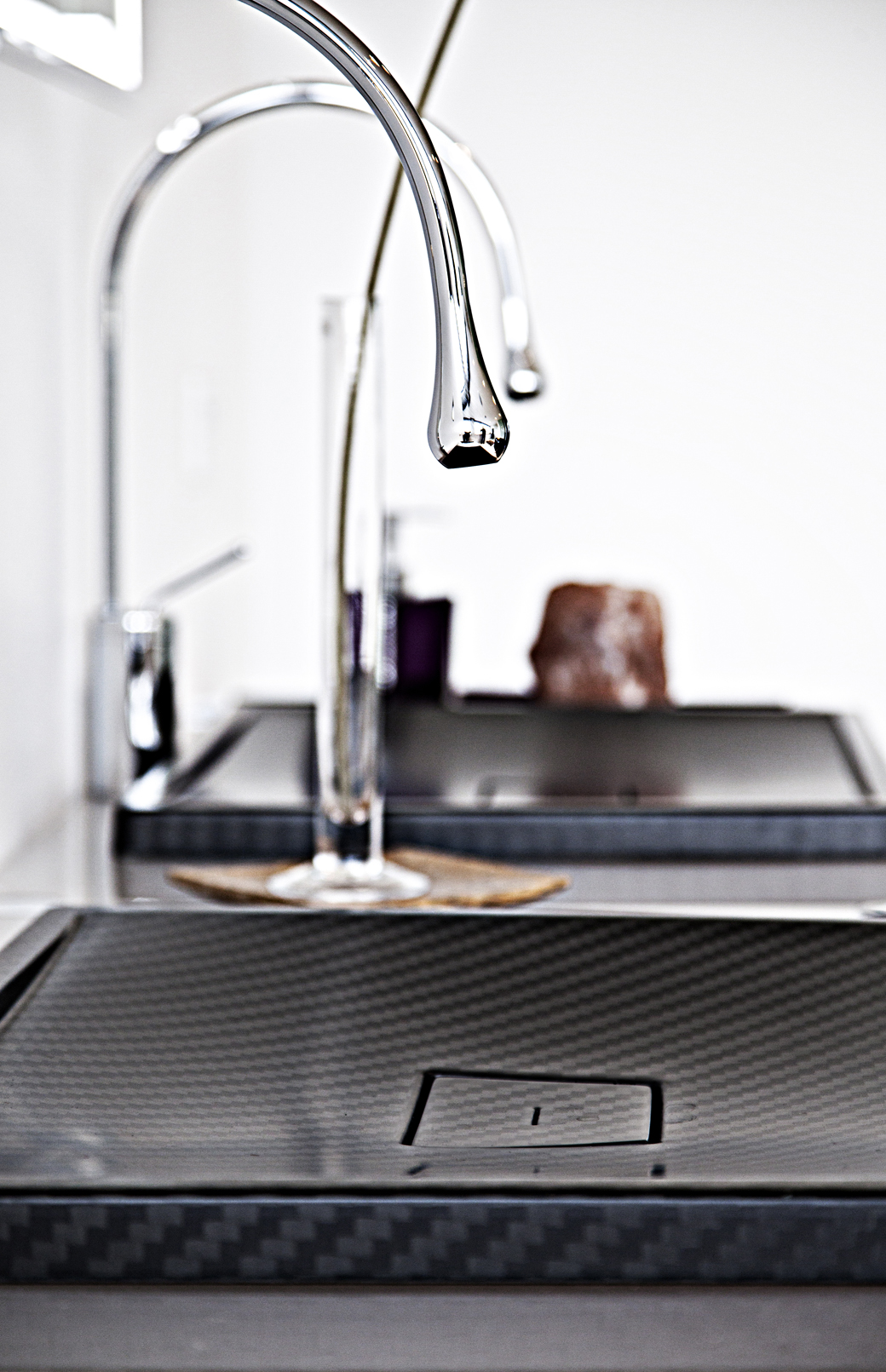
Genuine Carbon Fiber Undermount Sink – 16″ x 11″ eBay

Kitchen Sink: Which Material to Choose? – A Quartz Sink
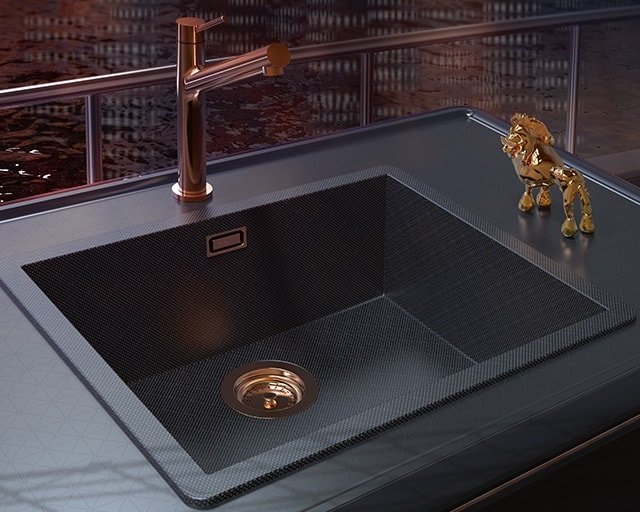
Composite Sinks Cleaning Recommendations

Vu0027 Weave Carbon Fibre Sink made with Prepreg – Easy Composites
What You Need to Know When Buying a Black Kitchen Sink
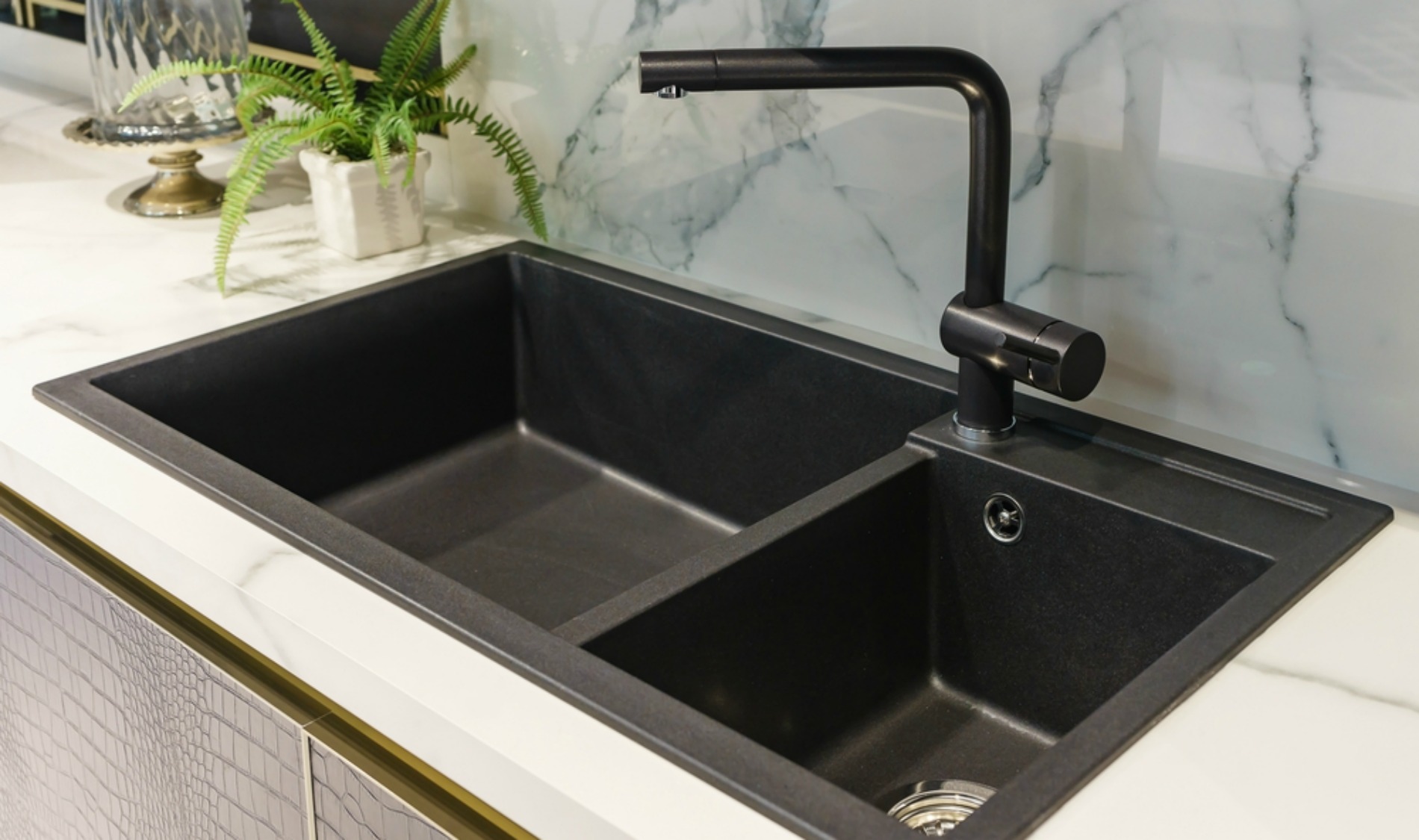
Spartan Design on Twitter: “A carbon fiber sink in a man cave we

Delta Rivet Drop-In 33-in x 22-in Stainless Steel Single Bowl 2

Related Posts:
- Kitchen Sink For 30 Cabinet
- Kitchen Island With Sink And Dishwasher Dimensions
- Under Kitchen Sink Cabinet Protector
- How To Replace Kitchen Sink Drain Pipe
- 30 Inch Farmhouse Kitchen Sink
- Pfister Kitchen Sink
- Restaurant Kitchen Sinks Stainless Steel
- Heated Kitchen Sink
- Top Rated Undermount Kitchen Sinks
- Low Divide Undermount Kitchen Sink

